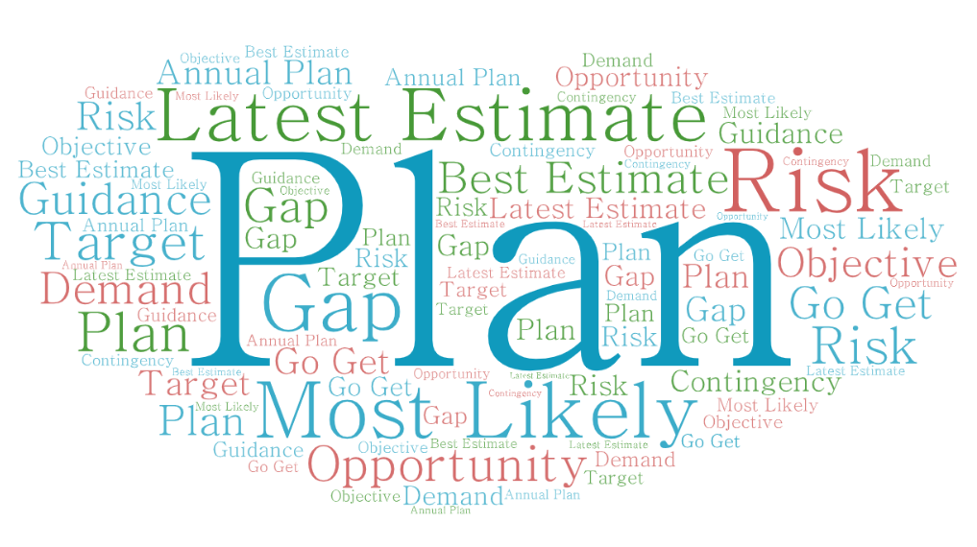Written by Greg Spira
One of the first things that I do when working with a company is carefully listen to the words that they use to describe their planning process, and then understand what their definition of those words is.
In many fields there is a common terminology that gives specific meanings to words or expressions. Medical terminology, for example, precisely describes the human body, its components, and processes. The difference between hypertension and hypotension is clear and understandable to any medical professional.
Unfortunately, the same is far from true in business planning. Ask executives from different companies, or even different divisions or functions within a company, what the word plan means, and I guarantee you will get more than one consistent answer.
Why does this matter?
First, it is important to recognize the importance of defining terminology when onboarding people new to your organization. You cannot assume that they will understand what your definitions of risks, opportunities, plans, and targets are. Worse, they will likely assume that they do understand those terms, and they will rightly or wrongly apply their current understanding.
Second, if you are implementing any sort of changes or improvement to your planning process, don’t underestimate the need to explicitly define terminology. People will naturally interpret terms to mean what they want them to mean. I have seen many examples of executives agreeing to a new process in a meeting, and then leaving the room with completely different understanding of what they just agreed to. Commitment without understanding is a liability!
Aligning the business to clear and explicit terminology helps to avoid misunderstanding. Avoiding misunderstanding leads to fewer surprises and improved trust.



